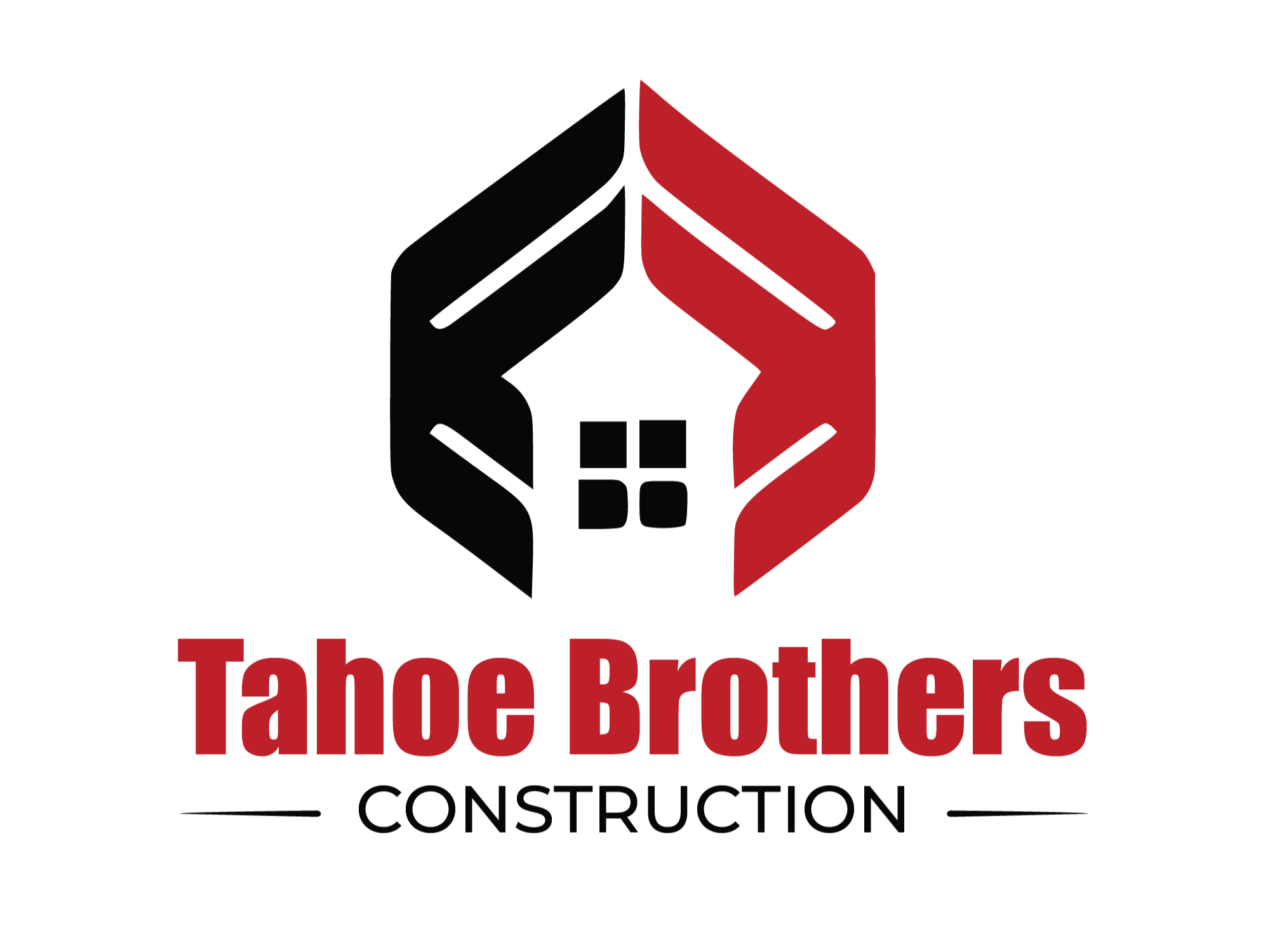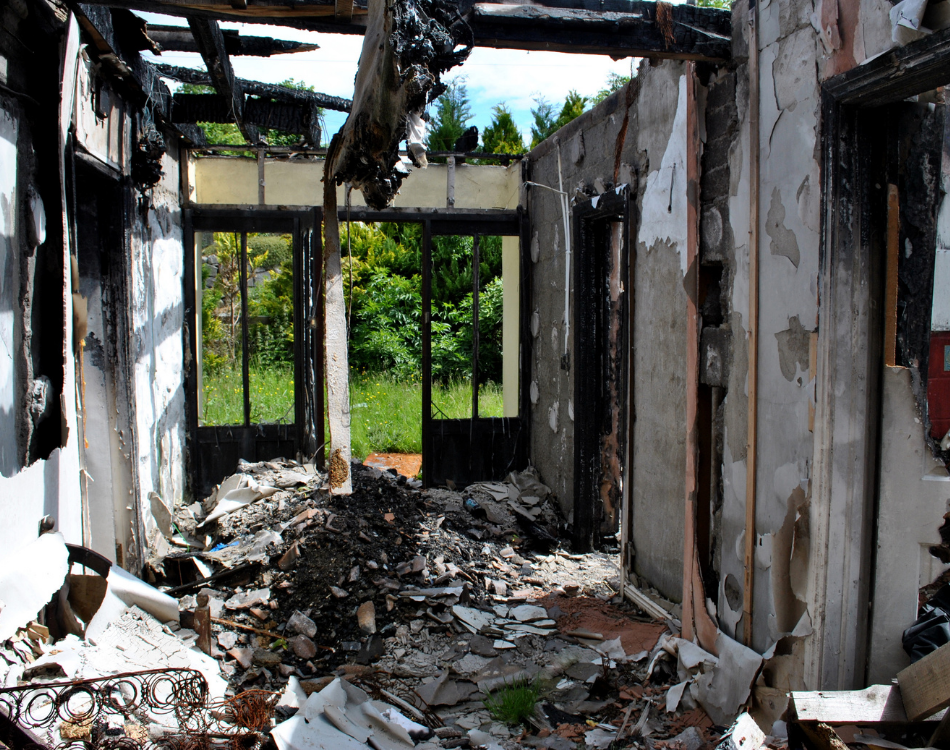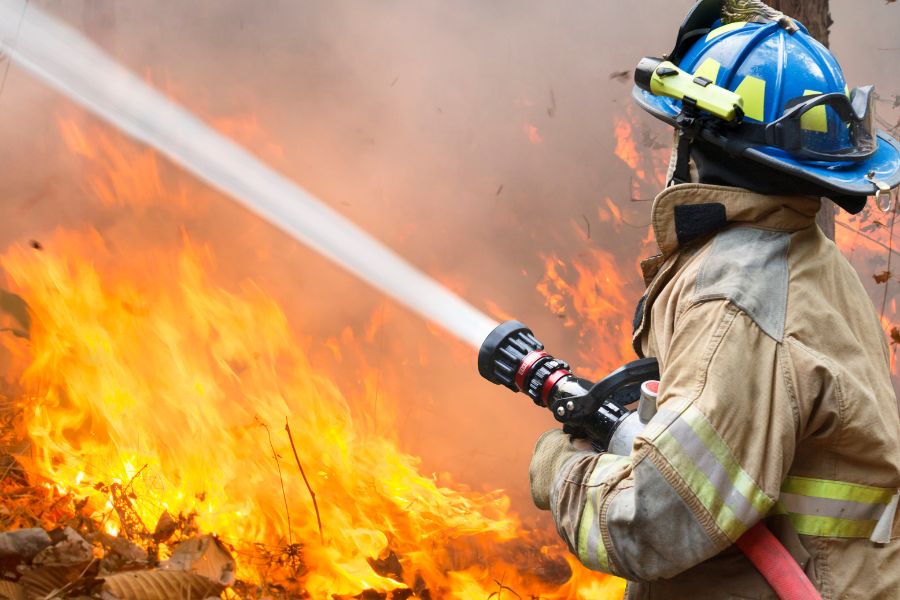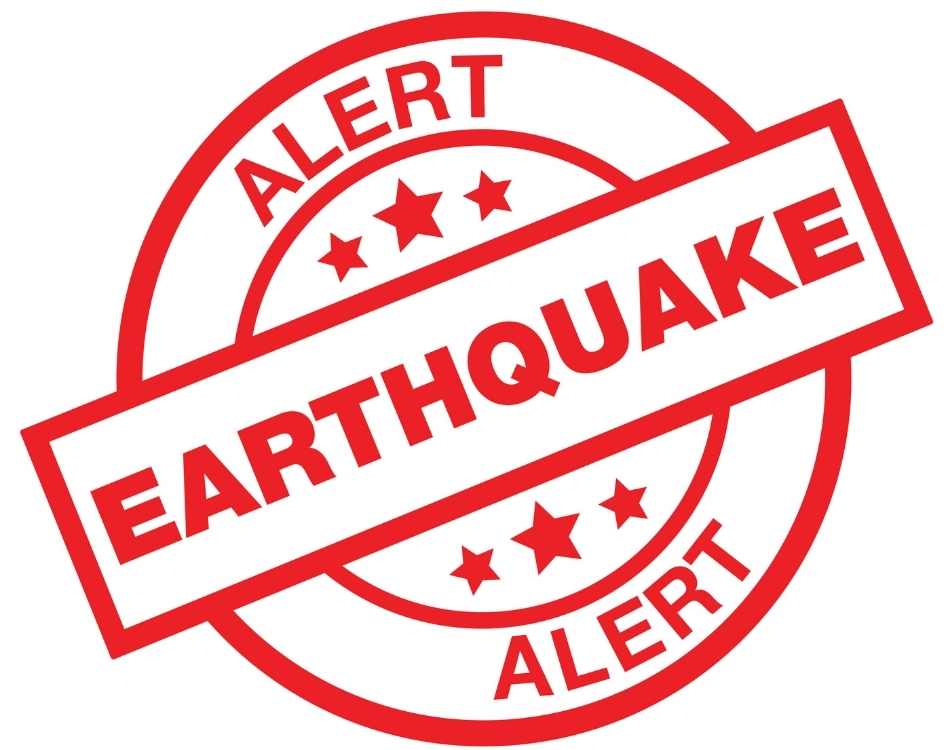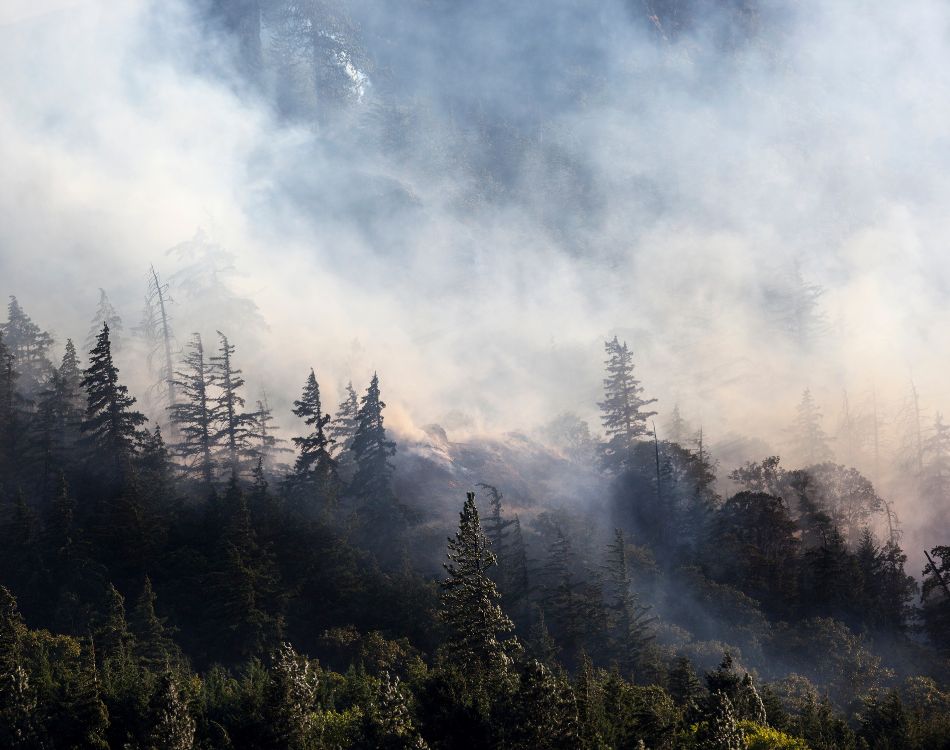
It’s been a devastating year for wildfires in the Western United States. Thousands of homes have burned, and many more are at risk as the flames continue to spread. While most people are aware of the danger that fire poses to human lives and property, few know about the damage that wildfire smoke can cause.
If you live in an area affected by wildfires, it’s important to be aware of the potential damage that smoke can cause to your home. Here are some things to keep in mind.
Wildfire smoke is harmful to homes and humans.
Wildfire smoke can cause a whole host of problems for your home long after the fire is out. It is made up of tiny particles that can penetrate deep into your lungs and cause serious health problems. It can also seep into your home through cracks and openings, leaving behind an unpleasant smell and damaging your home. If the smoke is dense enough, it can even discolor paint and siding.
It’s not just the inside of your home that can be affected by wildfire smoke – soot and debris from the fire can also cause problems for your home’s exterior. Soot can build up on windows and other surfaces, making them difficult to clean. In extreme cases, the soot can even permanently etch glass.
Furthermore, lingering smoke in your home can aggravate your lungs and cause future health problems for you and your family. If you’re concerned about the potential damage that smoke could cause to your home, it’s important to take steps to protect it.
Take steps to protect your home from smoke damage.
Fortunately, there are some things you can do to protect your home from the damage caused by wildfire smoke. First and foremost, it’s important to keep windows and doors closed as much as possible. This will help prevent smoke from entering your home.
You should also use air purifiers to help filter the air inside your home. And be sure to clean any surfaces that may have been affected by soot or smoke. These simple steps can help minimize the damage caused by wildfire smoke.
Clean up after a wildfire.
If your home has been affected by wildfire smoke, it’s important to take steps to clean up the soot and debris. First, start by vacuuming any surfaces that have been affected. Be sure to use a vacuum with a HEPA filter to avoid spreading the particles around.
Next, wash any affected surfaces with a mild soap and water solution. You may need to use a scrub brush to remove any stubborn soot. And finally, open up your windows and doors to air out your home.
Cleaning up after a wildfire can be a daunting task, but by taking these steps, you can help get your home back to normal.
What to do if your home has been damaged by a wildfire.
If your home has been damaged by a wildfire, the first thing you should do is contact your insurance company. They will be able to help you assess the damage and start the claims process.
Next, call an emergency restoration company to help. If you live in the Reno, Nevada or Lake Tahoe areas, call Tahoe Brothers Construction for your emergency restoration needs.
We can help with tasks like boarding up windows and doors or tarping over damaged roofs, complete the cleanup and any restoration you need, and work with your insurance company to make sure you are covered.
Dealing with the aftermath of a wildfire can be overwhelming, but by taking these steps, you can begin to put your life back together.
continue reading
Related Posts
Fire damage to your home can be devastating. To ease the stress, we've put together the basic next steps to help you start repairs.
Wildfires are destructive forces of nature, leaving trails of devastation in their wake. They don't discriminate, ravaging landscapes, wildlife, and residential homes alike. When the unthinkable happens, and a wildfire affects your property, knowing the path to restoration can significantly help you regain a sense of normalcy and peace.
Though the earthquakes in the Lake Tahoe and Northern Nevada areas are generally mild, being prepared is the key to staying safe in an emergency situation.
